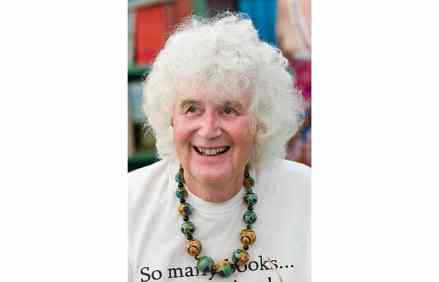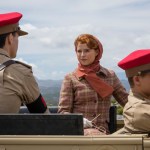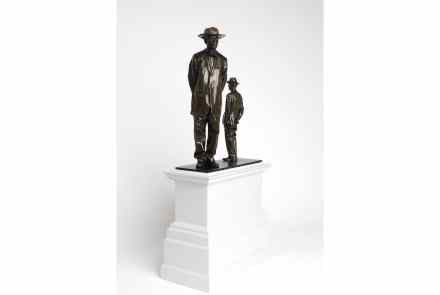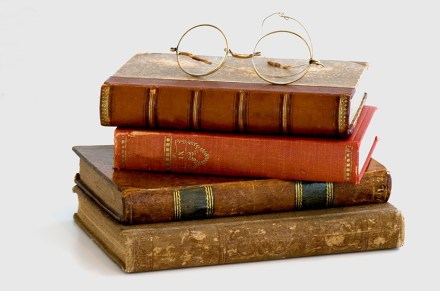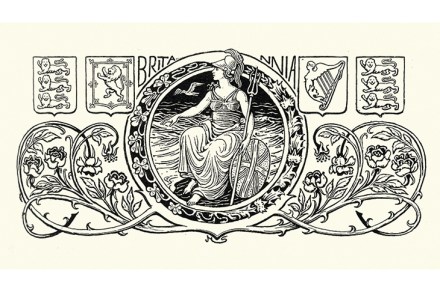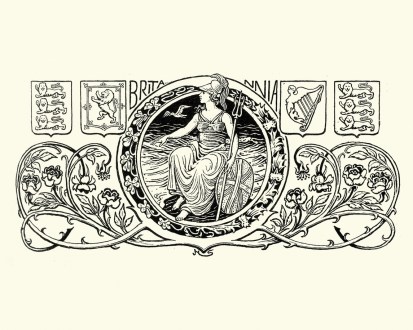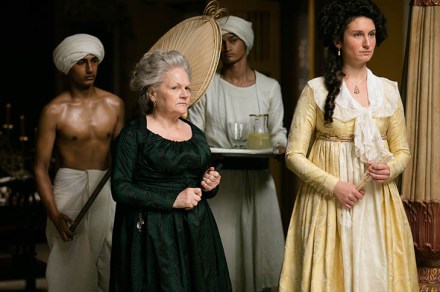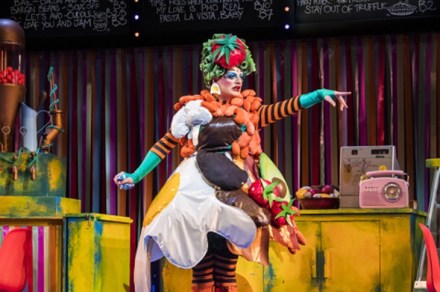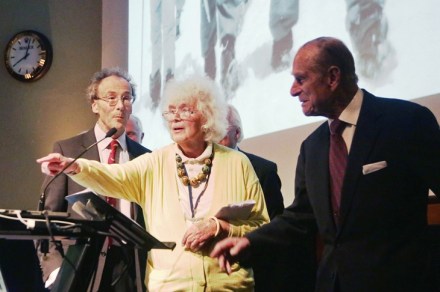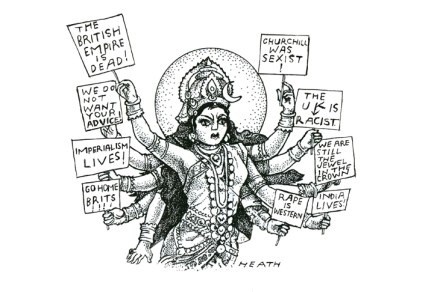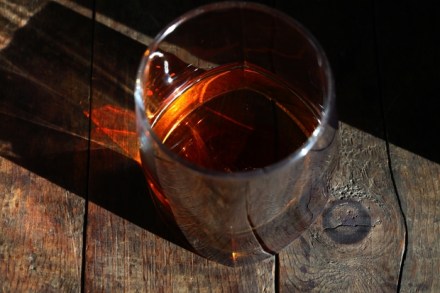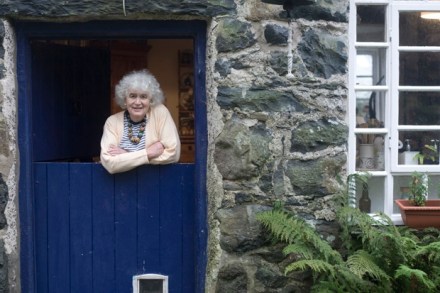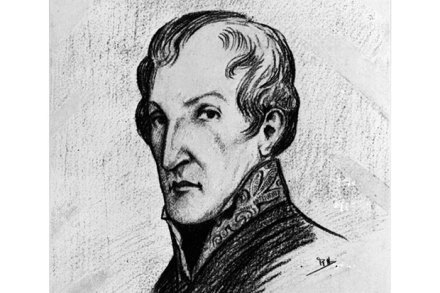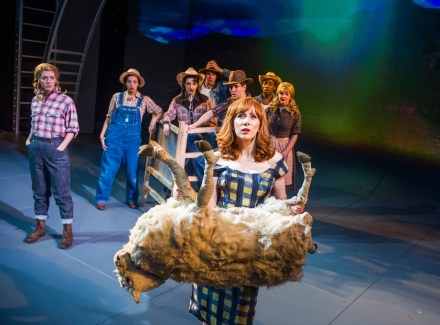Jan Morris’s ‘national treasure’ status is misleading
Almost two years after the death of Jan Morris, the jaunty travel writer and pioneer of modern gender transition, her first post-humous biography has arrived. (I follow Paul Clements in using the feminine pronoun throughout.) It is lively and well written, but it’s not the finished product. It lacks access to the private papers of its subject and her wife Elizabeth. That extra layer of insight into a fascinating but elusive personality must doubtless await the authorised life by Sara Wheeler. In the meantime, Clements deserves plaudits. He has worked his personal knowledge and existing sources well. We learn more than before about Morris’s modest if comfortable upbringing, with Welshness
